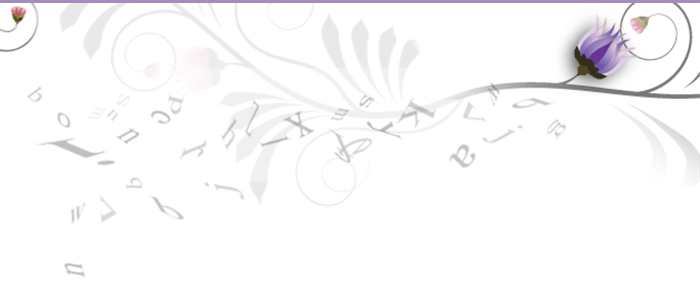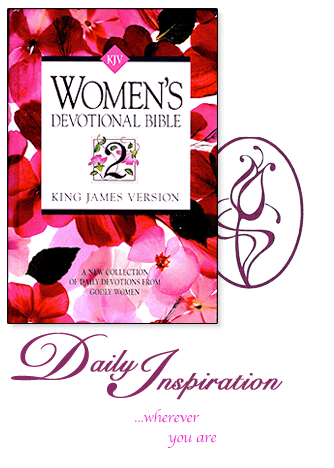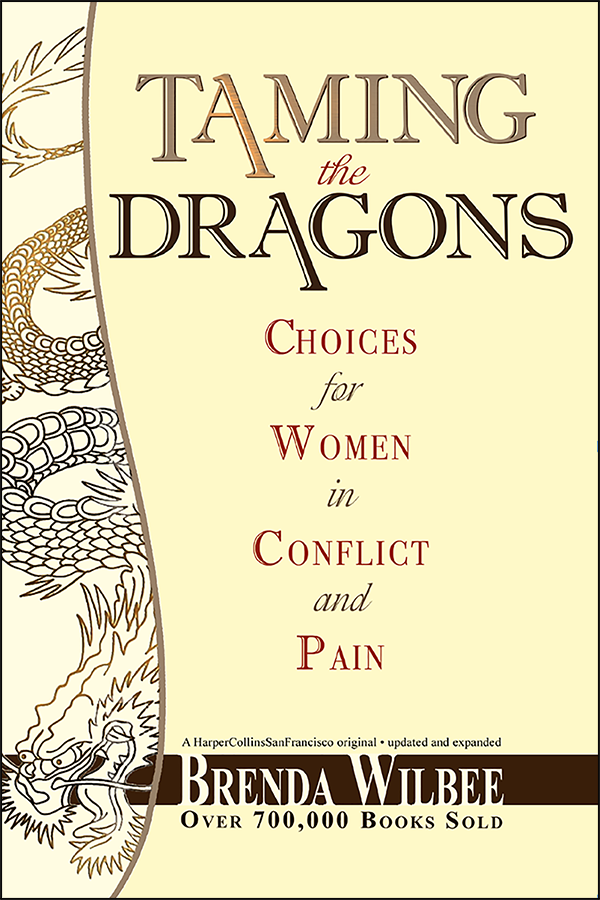Women's Devotional Bible
Funny story: Having purchased HarperCollins, Zondervan thought they had copyright access to my book, Taming The Dragons, a 1992 Harper publication. Unbeknownst to them, however, the rights had been returned to me when Taming went out of print. What a pickle for Zondervan to discover they'd violated copyright law! Involving the Bible! I got a rather sheepish phone call one day.
.


Being included in Zondervan's Women's Devotional Bible came as a surprise and honor.
Funny story: Having purchased HarperCollins, Zondervan thought they had copyright access to my book, Taming The Dragons, a 1992 Harper publication. Unbeknownst to them, however, the rights had been returned to me when Taming went out of print. What a pickle for Zondervan to discover they'd violated copyright law! Involving the Bible! I got a rather sheepish phone call one day.
.
Feel free to contact me. I'd love to hear from you
Brenda@BrendaWilbee.com
Brenda@BrendaWilbee.com



